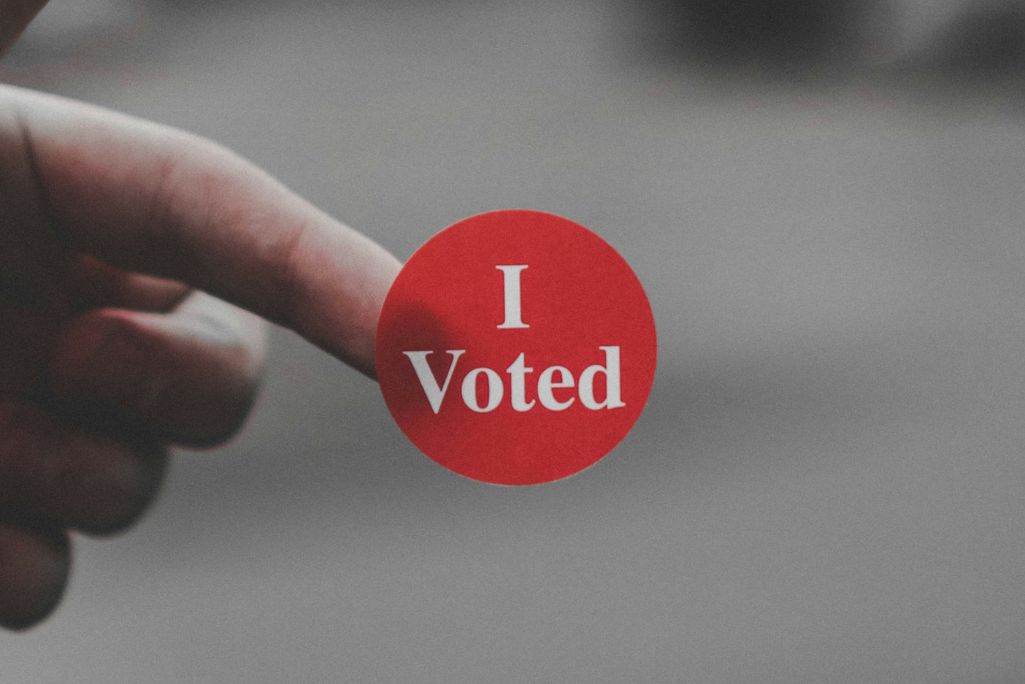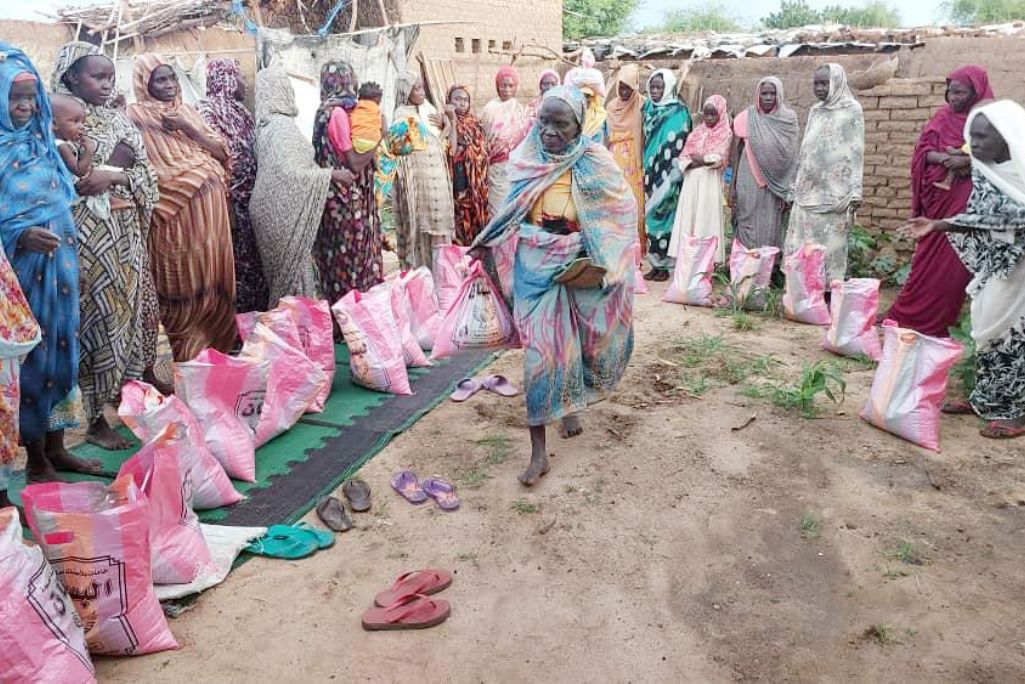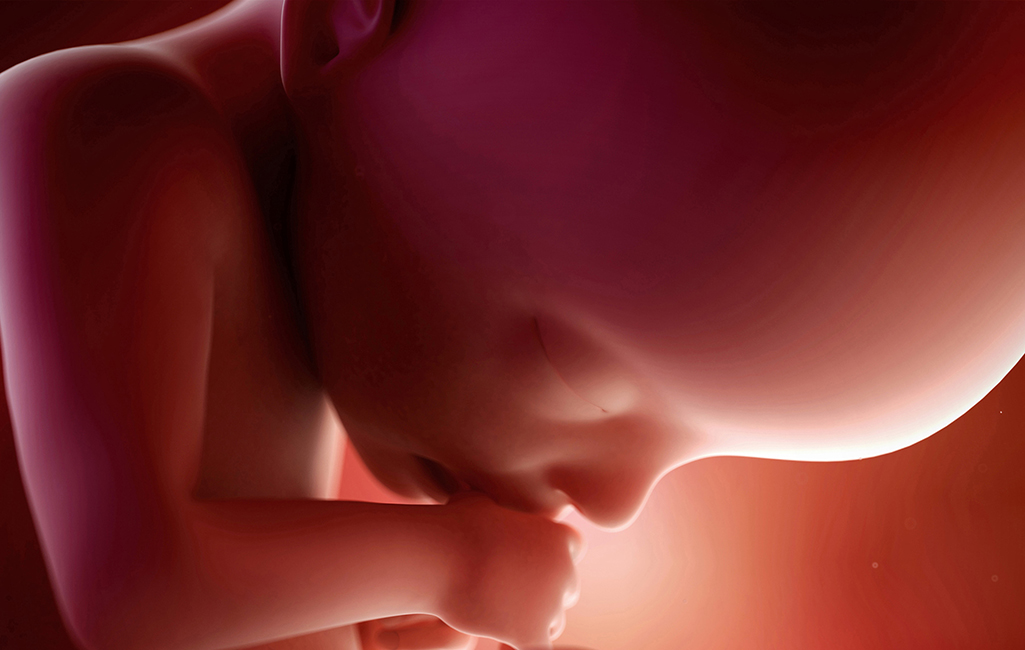
NASHVILLE (BP) — The Ethics & Religious Liberty Commission (ERLC) is partnering with several Baptist state conventions to provide resources for churches related to abortion ballot initiatives being considered in the upcoming election.
Most of these initiatives on November’s ballots seek to expand access to abortion, while one seeks to add more protections for preborn life.
A ballot initiative is a mechanism by which citizens can directly propose laws and constitutional amendments for a local or state government. These initiatives are often voted on in November elections, such as the various pro-choice or pro-life measures included on several of this year’s state ballots.
The ERLC is serving Southern Baptists by tracking the status of these initiatives in states across the country and providing resources for Baptists to be educated, pray and make a positive impact in their local communities. All of this with the help of several state conventions.
Brent Leatherwood, president of the ERLC, spoke to the historic importance of the upcoming election.
“In the post-Roe era, states now have the ability to decide whether they will move in a direction that protects life or one that destroys it,” Leatherwood said.
“This November, many citizens are being given a once-in-a-generation opportunity to stop the advance of abortion and stand for life. That is why it is so critical our churches are proclaiming the truth about the dignity of all people, particularly the preborn whose lives are at stake.”
Some of the resources provided for Southern Baptists include a tracker map of the abortion ballot initiatives throughout the country, bulletin inserts, explainer articles detailing the initiatives in various states and prayer guides for the upcoming election season.
These resources can be found at the ERLC website here.
Miles Mullin, executive vice president and chief of staff for the ERLC, also spoke to how the entity is working with Southern Baptists in various states as the ballot landscape takes shape.
“We know that many of our state conventions are already engaged in doing good work on the frontlines in order to advance pro-life policies,” Mullin said. “The ERLC stands ready to support our Southern Baptist churches by working alongside our Baptist state convention partners where initiatives are up for a vote by providing resources that help educate and equip Baptists and others in the critical effort to protect life.”
Currently, 10 different states have abortion-related ballot initiatives scheduled to appear before voters in November. Some of these states include Arizona, Florida, Missouri, New York and South Dakota.
Most of these are pro-choice measures seeking to expand access to abortion and often refer to the concept of “fetal viability,” or the age at which a preborn child can survive outside the mother’s womb. This age is currently estimated at 24 weeks of gestation, but could potentially change in the future depending on various technological advancements.
Abortion ballot initiatives have become a source of controversy and contention in some states as the November election approaches.
In Missouri, the state’s Supreme Court recently ruled that a pro-choice initiative would be allowed on the ballot. The 4-3 decision overruled a lower court’s ruling that the process to include the initiative on the ballot did not follow state law.
Attorneys for the pro-life organization Thomas More Society challenged the inclusion of the pro-choice initiative, commonly referred to as Amendment 3, on the November ballot. Their lawsuit, filed Aug. 22, alleged that the initiative petition was erroneously certified by Missouri Secretary of State Jay Ashcroft’s office.
Attorneys argued that Amendment 3 would repeal essentially all of Missouri’s state statutes and constitutional provisions regulating reproductive care and technologies, including all existing regulation of abortion, cloning, IVF, stem cell research and so-called gender transition surgery.
By failing to specify the provisions that it would repeal, attorneys argued the initiative petition leading to proposed Amendment 3 violated state law.
After the lower courts sided with the case of Thomas More Society, the decision from the state’s High Court overruled the decision, allowing the measure to remain on the state’s ballot.
In Nebraska, two competing amendments to the constitution (one pro-life and the other pro-choice) will face off against each other on election day. Thomas More Society also sued to remove the pro-choice measure from Nebraska’s ballot, but the state’s Supreme Court ruled against it.
Nebraska will be the first state to carry competing abortion amendments on the same ballot since the U.S. Supreme Court overturned Roe v. Wade in 2022.
Nebraska voters could end up approving both of the competing abortion ballot measures. But because they are competing and therefore cannot both be enshrined in the constitution, the one that receives the most “for” votes would be the one adopted, according to the secretary of state’s office.
Leatherwood said this election will provide an opportunity to establish a “true culture of life” in state laws.
“These statewide questions and constitutional amendments on various state ballots provide opportunities for Christians to apply our biblical principles and convictions and begin to establish a true culture of life in our state laws and beyond,” Leatherwood said.
(EDITOR’S NOTE — Timothy Cockes is a writer in Nashville.)


